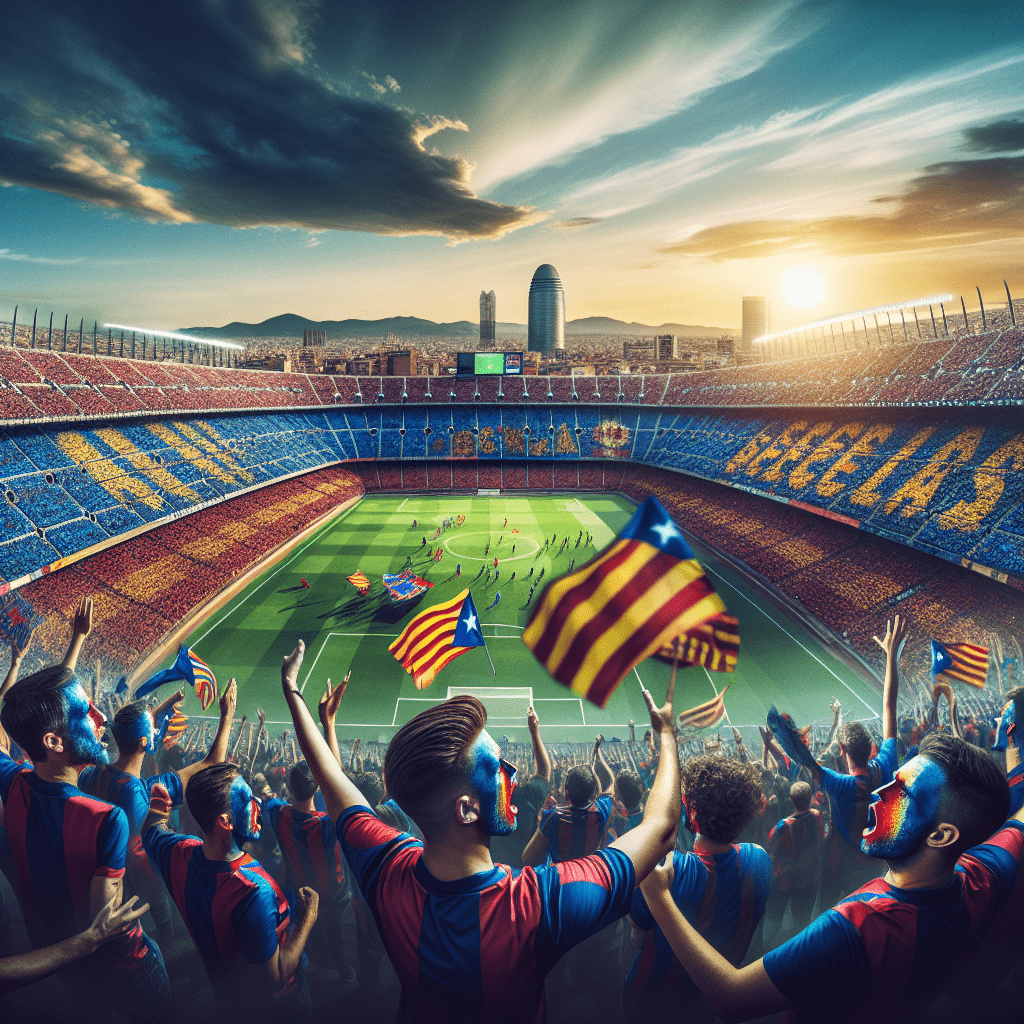FC Barcelona: A Deep Dive Into the Catalonian Football Giant
FC Barcelona, more commonly referred to as Barça, is one of the world’s most renowned and celebrated football clubs. Based in Barcelona, Catalonia, Spain, the club has been a symbol of Catalan identity and pride while maintaining a major presence in global football. This article will explore FC Barcelona’s illustrious history, its unique management structure, cultural impact, sporting philosophy, and financial aspects. Additionally, it includes an analysis of Barça’s influence in the world of sports and beyond.
The Foundation and Evolution of FC Barcelona
History and Awards: Storied Beginnings to Modern Triumphs
FC Barcelona was founded on November 29, 1899, by a group of Swiss, English, and Catalan footballers led by Joan Gamper. Since then, Barça has become a symbol of Catalan culture and is often seen as the footballing embodiment of the region. The club has won numerous titles, including multiple La Liga trophies, Copa del Rey victories, and a significant number of UEFA Champions League titles. Their trophy cabinet reflects long-standing domestic and international success.
Cultural Significance: More Than Just a Club
The club’s motto “Més que un club,” translating literally as “More than a club,” encapsulates its identity beyond sports. During the Franco dictatorship in Spain, when regional identities like Catalonia’s were suppressed, Barcelona FC became more than just a sporting entity—it became a harbinger of Catalan identity and pride.
La Masia: The Cradle of Talent Development
La Masia de Can Planes, originally an old Catalan farmhouse, serves as FC Barcelona’s youth academy. It became one of football’s most revered talent training facilities due to its stringent selection process and emphasis on holistic development. La Masia has produced many significant players who have shaped football history.
Barça’s Sporting Philosophy: Commitment to Attractive Football
FC Barcelona is also globally recognized for its distinctive style of play emphasizing possession, passing, and attacking flair—a doctrine stemming from Dutch legend Johan Cruyff’s influence during his tenure both as player and coach.
The Structure of FC Barcelona
Unique Ownership Model: A Club Owned by Its Fans
Unlike many top-tier European football clubs owned by wealthy individuals or corporations, FC Barcelona operates as a ‘socios’ structure—it is owned by supporters who elect the club president and board of directors every six years. This democratic framework influences club decisions at both strategic and operational levels.
Financial Health: Balancing Success with Sustainability
In recent years, financial sturdiness has emerged as an area of focus. While highly successful commercially through merchandise sales, television rights agreements, and match-day revenue sources, FC Barcelona has also faced debt challenges that have prompted debates on economic management strategies within professional sports.
FC Barcelona’s Global Appeal
The International Fanbase: Spreading the Barça Brand Worldwide
Barcelona has amassed a massive international following. This global fanbase is serviced through worldwide merchandise distribution, international tours for pre-season games, partnerships with global sponsorships/investors, and fostering fan communities worldwide who share a passion for Barça.
Sporting Partnerships and Collaborations
Further cementing their international presence, the club has been involved in various collaborations with sports organizations across different continents to promote both growth in those markets and to manage talent scouting for potential future stars.
Social Initiatives: Football with Responsibility
Besides their on-field achievements, Barça is present in communities through its foundation – the Fundació FC Barcelona. The foundation undertakes social initiatives aiming at social inclusion, education through sport, child protection, among other societal contributions.

